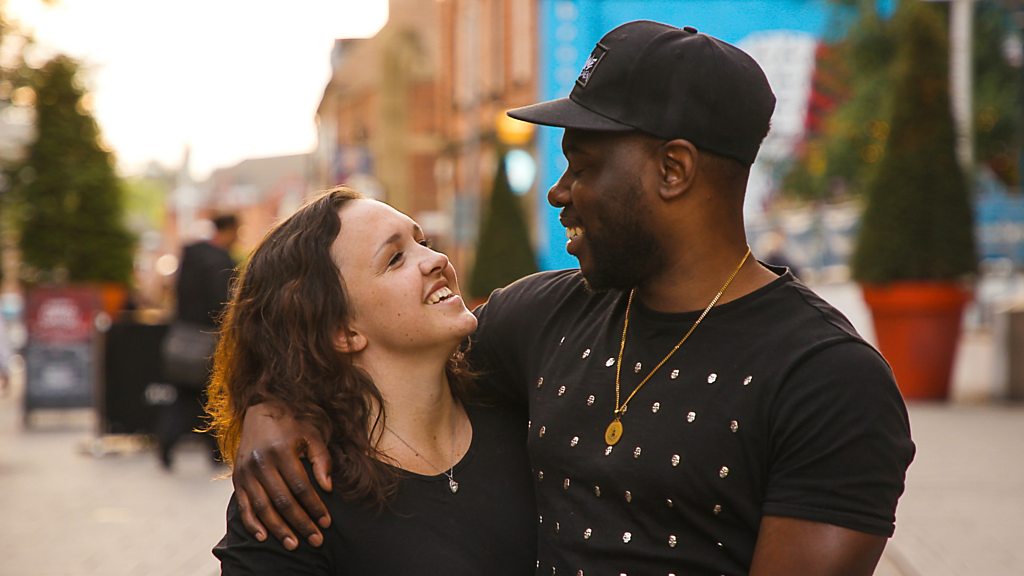

Interracial dating support - what necessary
Interracial Couples Building Their Own Support Networks
"What we are working on is forging an identity that goes beyond the traditional two sides," said Edwin Darden, a former vice-president of AMEA and past president of the Interracial Family Circle of Washington. "They [biracial or multicultural people] can find a comfortable place in society, but it doesn't have to be one of the choices given."
Given the choice, it looks as though people are ready to embrace their multiple heritages, rather than let society dictate who they should be.
Each of AMEA's 14 national affiliates is a separate multi-ethnic social group catering to people in Atlanta, Buffalo, Houston, Norfolk, San Diego, and Seattle. Groups for people involved in interracial or multiethnic relationships in Boston, New York and Kansas City, Mo., are in the process of becoming part of AMEA's network.
And younger people, often associated closely with changing the societal climate with their ideas, have started organizations for multi-ethnic students on college campuses nationwide that stress the importance of identifying and celebrating their diverse heritages.
There have been times in the not-so-distant past where an interracial support system such as AMEA would have been of invaluable use.
No one threw rice for Richard and Mildred Loving, the interracial Virginia couple whose marriage in 1958 was followed by their immediate arrest for breaking the state's anti-miscegenation laws. They later made headlines and history when the Supreme Court used their case to strike down all laws prohibiting interracial marriages.
And though the laws supported the 1968 marriage of Betty and George Merrill, an interracial couple featured in a Sun article last year, some of their family members did not. They wed in the Baltimore City Courthouse with little fanfare or encouragement, and waited until their 25th anniversary, Dec. 5, 1993, to be surrounded by supportive family and friends in the formal church wedding they had always wanted.
Thank goodness Larry and I started dating in 1989, at a time when the P.C. police would have condemned anyone who -- publicly -- opposed our union. Relationships like ours provided fodder for Montel, Oprah, Sally Jessy, and all the other talk show hosts who exploit interracial relationships for ratings while professing to open the public eye.
Two years later, when we decided to marry, we found encouragement from our immediate families and little opposition beyond that. The few people who didn't support our relationship showed their disapproval by turning down our wedding invitation, which saved them some grief and us some money.
But the larger picture shows that some couples do lose more than money and friends when they love outside the color lines.
Many people feel that the way to solve this country's racial problems is to celebrate our common bond as Americans rather than embrace our cultural differences. To them, unity means not expressing racial pride. For interracial families and people, neither can be done without compromising their heritage.
I am so secure in my identity that I can share my culture with someone whose heritage is different. And we are so confident in what we feel that we can pass the entire package on to our child -- with love, respect and pride.
L He won't need one culture or the other. He will have it all.
"Society seems to believe that if you are multiethnic you should belong to one group or another," said Ms. Douglass, a past president of BFN. Her mother is Sicilian and father is Lakota Indian and African American.
"I say it is time to say to them: 'I am not who you perceive me to be. I am who I define myself to be.' "
Traci A. Johnson is married to Larry R. Mathena Jr., a civil engineer for the U.S. Army Corps of Engineers. She is a staff writer for the Sun's Carroll County bureau.

-